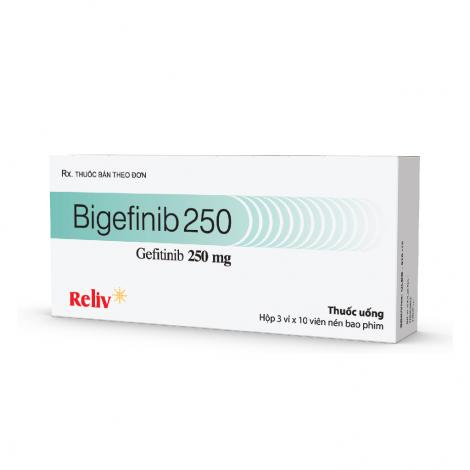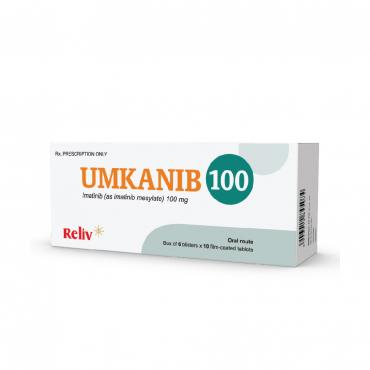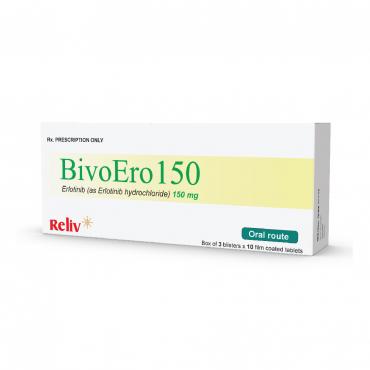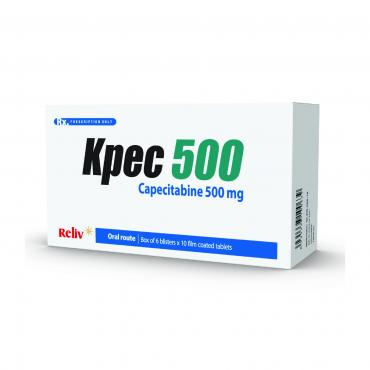The safety and efficacy of gefitinib in children and adolescents aged less than 18 years have not been established.
Hepatic impairment
Patients with moderate to severe hepatic impairment (Child-Pugh B or C) due to cirrhosis have increased plasma concentrations of gefitinib. These patients should be closely monitored for adverse events. Plasma concentrations were not increased in patients with elevated aspartate transaminase (AST), alkaline phosphatase or bilirubin due to liver metastases.
Renal impairment
No dose adjustment is required in patients with impaired renal function at creatinine clearance >20 ml/min. Only limited data are available in patients with creatinine clearance ≤ 20 ml/min and caution is advised in these patients.
Elderly
No dose adjustment is required on the basis of patient age.
Dose adjustment due to toxicity
Patients with poorly tolerated diarrhoea or skin adverse reactions may be successfully managed by providing a brief (up to 14 days) therapy interruption followed by reinstatement of the 250 mg dose (see section 4.8). For patients unable to tolerate treatment after a therapy interruption, gefitinib should be discontinued and an alternative treatment should be considered.
It is necessary to temporarily stop using the drug when you detect symptoms of cough, fever, difficulty breathing, affects the eyes, to be retested.
The tablet may be taken orally with or without food, at about the same time each day.
If a dose is missed, it should be taken as soon as the patient remembers. If it is less than 12 hours to the next dose, the patient should not take the missed dose. Patients should not take a double dose (two doses at the same time) to make up for a forgotten dose.
- Hypersensitivity to the active substance or to any of the excipients of the drug.
- Breast-feeding
When considering the use of gefitinib as a treatment for locally advanced or metastatic NSCLC, it is important that EGFR mutation assessment of the tumour tissue is attempted for all patients. If a tumour sample is not evaluable, then circulating tumour DNA (ctDNA) obtained from a blood (plasma) sample may be used.
Interstitial lung disease (ILD)
Interstitial lung disease (ILD), which may be acute in onset, has been observed in 1.3 % of patients receiving gefitinib, and some cases have been fatal. If patients experience worsening of respiratory symptoms such as dyspnoea, cough and fever, gefitinib should be interrupted and the patient should be promptly investigated. If ILD is confirmed, gefitinib should be discontinued and the patient treated appropriately.
Hepatotoxicity and liver impairment
Gefitinib should be used cautiously in the presence of mild to moderate changes in liver function. Discontinuation should be considered if changes are severe if changes in the liver enzymes alanine.
Impaired liver function due to cirrhosis has been shown to lead to increased plasma concentrations of gefitinib
Further precautions for use
Patients should be advised to seek medical advice immediately if they experience severe or persistent diarrhoea, nausea, vomiting or anorexia as these may indirectly lead to dehydration. These symptoms should be managed as clinically indicated.
Patients presenting with signs and symptoms suggestive of keratitis such as acute or worsening: eye inflammation, lacrimation, light sensitivity, blurred vision, eye pain and/or red eye should be referred promptly to an ophthalmology specialist.
If a diagnosis of ulcerative keratitis is confirmed, treatment with gefitinib should be interrupted, and if symptoms do not resolve, or if symptoms recur on reintroduction of gefitinib, permanent discontinuation should be considered.
Gastrointestinal perforation has been reported in patients taking gefitinib. In most cases this is associated with other known risk factors, including concomitant medications such as steroids or NSAIDs, underlying histo








